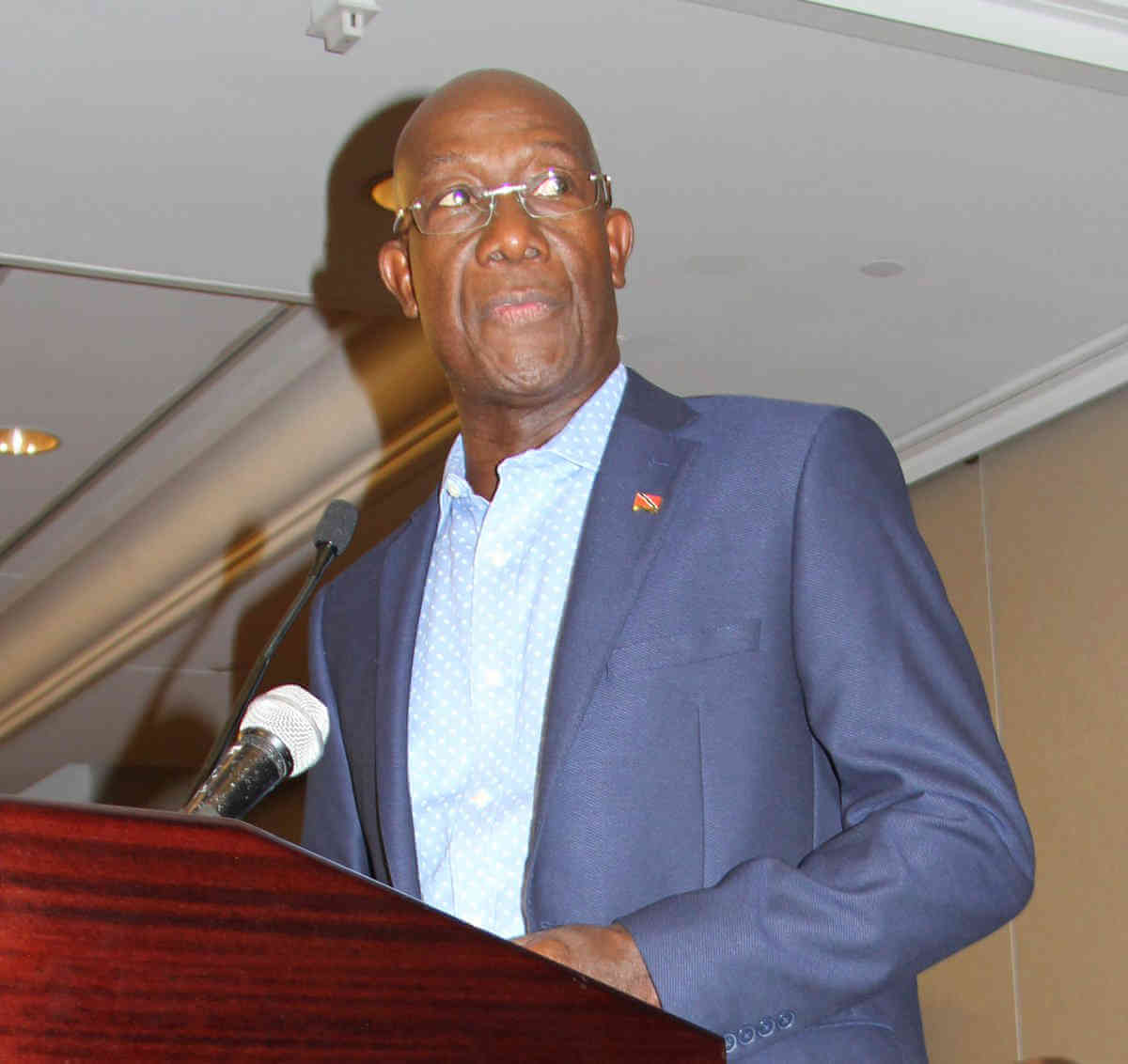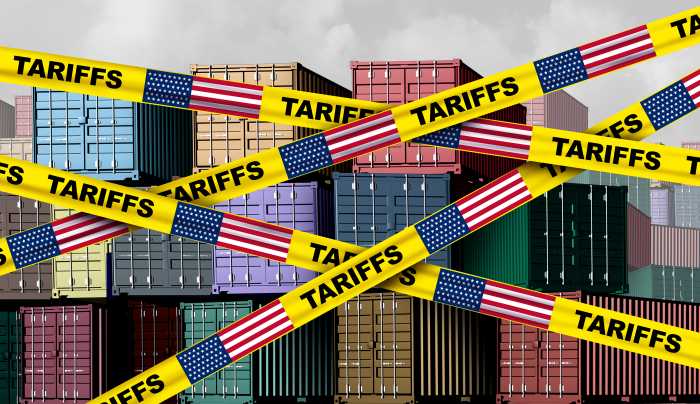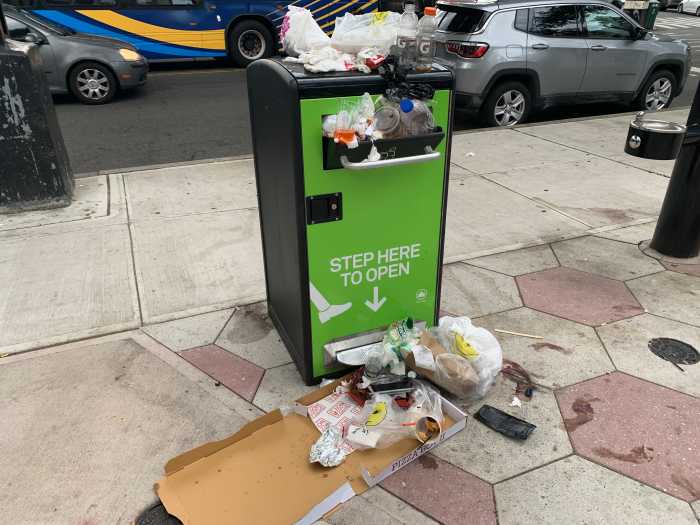Not a thing has changed in the five electoral districts where the main opposition United National Congress (UNC) had demanded recounts after the disputed Aug. 10 general elections in Trinidad, paving the way for the cabinet of Prime Minister, Keith Rowley to be sworn in en bloc for a second five-year term.
Rowley and his full cabinet with several new faces were scheduled to be sworn in late Wednesday after the elections commission had completed the recount of the so-called five marginal districts where the UNC had alleged electoral fraud and irregularities.
Leader and former PM Kamla Persad-Bissessar officially conceded her party’s loss but vowed to controversially stay on as UNC head contending that she will need to be the face of the rebuilding process in the short term. Rowley’s Afro-dominated People’s National Movement (PNM) will run the twin-island republic with Tobago with a 22-19 majority, having dropped one seat because it had apparently fielded an unpopular candidate.
The PM has promised renewed focus on developing the agriculture sector in the new term even as racial tension between the Afro and Indo communities in the aftermath of a bitter campaign remains. Rowley has also promised renewed energy to deal with the Covid pandemic and to move to improve the republic’s faltering economy.
But as Trinidad settles down after a bruising and extremely racially charged campaign, the focus in the 15-nation CARICOM grouping now switches north to Jamaica where Prime Minister, Andrew Holness’ Jamaica Labor Party (JLP) appears on course to win another term at the expense of Peter Phillips’ People’s National Party (PNP) in polls set for Sept. 3.
Latest surveys show the JLP with a comfortable 10 point plus lead over the PNP as the party moves to increase its 32-31 seat, razor thin majority from the 2016 elections.
Holness, 49, recently moved to call snap elections months ahead of the constitutional due date saying that he wants Jamaicans to vote while it is still safe to do so with the pandemic under some control.
Officials fear that with the numbers increasing, locals might stay away if they wait until next year so the Sept. 3 date was called six months earlier. A total of 139 candidates including more than a dozen independents will line up for seats in the 63-member parliament. Special sectors like the security services and other essentials will vote on Aug. 31 to free workers for duty on election day.
“I think we can move ahead safely,” Holness told reporters this week, referring to fears about increasing numbers and large blocs of people lining up at poll stations to vote safely. “We have made a health decision. We have to move ahead. We are transitioning from the containment phase into a phase of learning to live with COVID so, you have to go on with your life. You can’t allow your institutions to collapse. You can’t allow democracy to fail because of COVID,” the PM said.
Holness has heard about suggestions to postpone the elections as New Zealand has done but the PM said that would affect economic life in a negative way.
Jamaicans are getting ready to vote after colleagues in Guyana, Suriname, St. Kitts, Trinidad, Anguilla, the British Virgin Islands, St Maarten and The Dominican Republic have already done so. Two more are set for this year — St. Vincent and Belize, making it one of the busiest on record in the region for elections.
For his part, the PNP’s Peter Phillips, 70, a former security minister, says he is physically “fit and ready to go” after surviving recent cancer surgery.
Referring to the polls showing the JLP more than 15 points ahead, Phillips told local media that in the Caribbean pollsters have got it dreadfully wrong in the past few months.


























